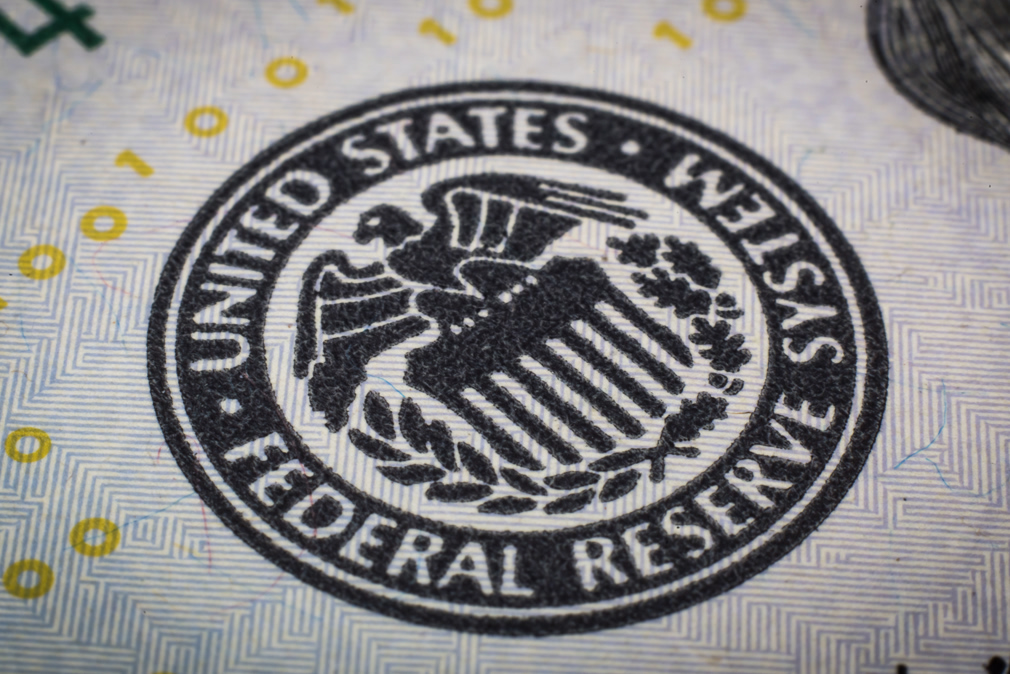Wall Street expects the Federal Reserve will hold U.S. interest rates steady at its two-day meeting in Washington that ends on Wednesday.
And, you better not disappoint Wall Street. When the Fed announced a rate hike in December 2018, the Dow Jones Industrial Average fell more than 350 points in two hours, stripping more than $250 billion from the market.
It seems likely the Fed will honor the pledge it made at last month’s meeting to pause adjustments to monetary policy until a significant economic development caused it to reassess. In fact, 98% of futures traders expect the rate to be unchanged, according to CME data.
So, the focus will be on the quarterly forecasts the Fed is set to release for economic growth and interest rates. Those will signal the direction for monetary policy for the next few years.
The last forecast, released at the Fed’s September meeting, showed officials expect to raise rates once in 2020, again in 2021 and a third time in 2022. That would push the benchmark rate to 2.4%, close to the Fed’s long-term estimate of 2.5%.
While the Fed doesn’t directly control home-loan rates, its decisions and forecasts influence the bond investors who do. If investors are willing to accept lower yields, that translates into lower mortgage rates.
Chairman Jerome Powell said at his press conference after last month’s meeting and in a speech on Nov. 25 that for now, the Fed will stay the course.
“We see the current stance of monetary policy as likely to remain appropriate as long as incoming information about the economy remains broadly consistent with our outlook,” Powell said in the recent speech. “If developments emerge that cause a material reassessment of our outlook, we would respond accordingly. Policy is not on a preset course.”
The fallout from the U.S.-China trade war has been an overriding concern for Fed policymakers, who blamed it for slowing the economy. It was cited more than two dozen times in the minutes of the September meeting and it’s likely on the agenda at this week’s meeting.
President Donald Trump has promised to impose a new round of tariffs on a range of Chinese goods beginning Dec. 15 – this Sunday. Negotiations between the world’s two largest economies have been choppy, with several announcements of possible deals that didn’t materialize.
Last week, at a NATO summit in London, Trump said an agreement with China might not be reached until after the U.S. presidential elections next year.
“The China trade deal is dependent on one thing: Do I want to make it?” he told reporters at the summit. ”We’re doing very well with China right now and we can do even better.”






